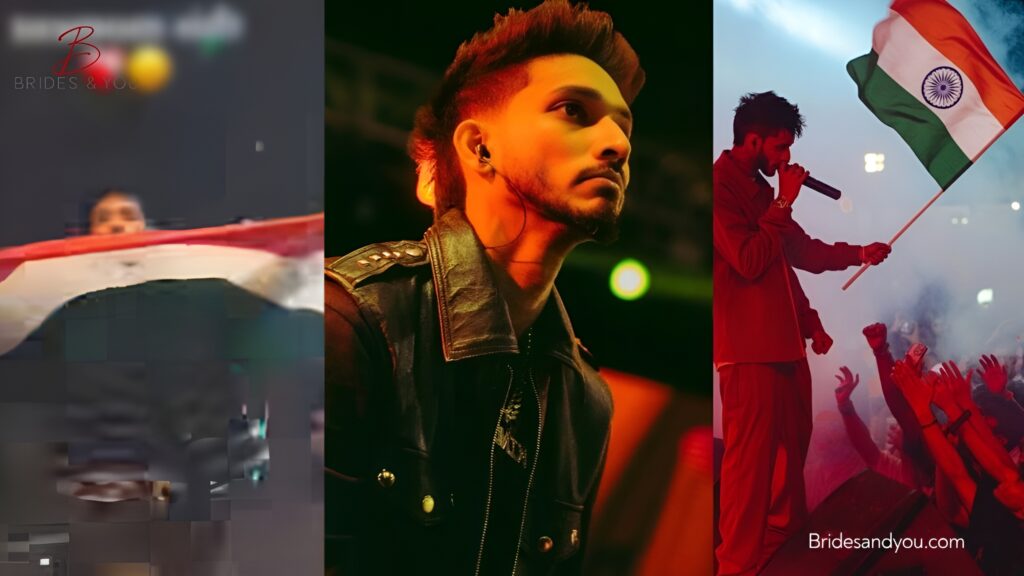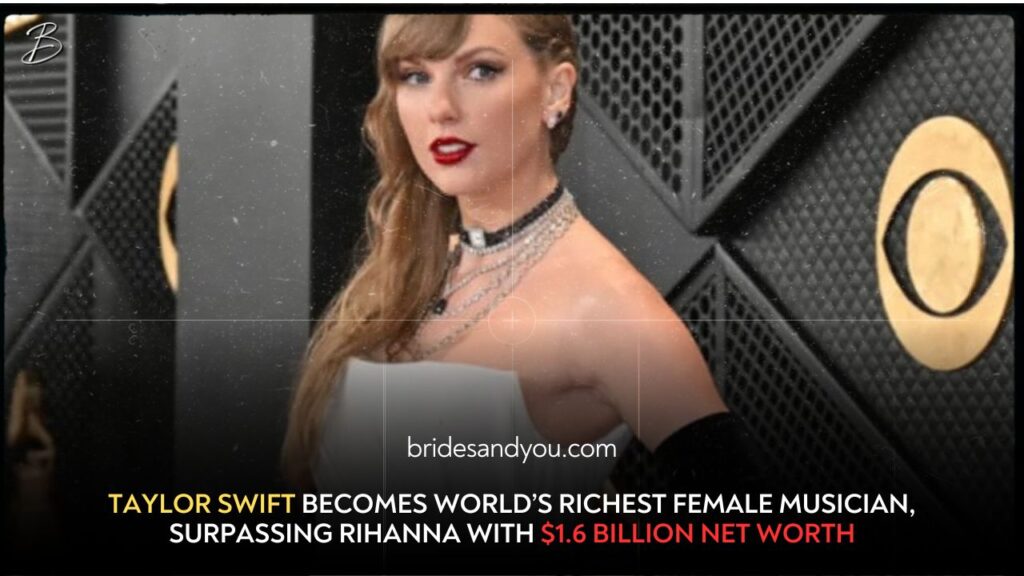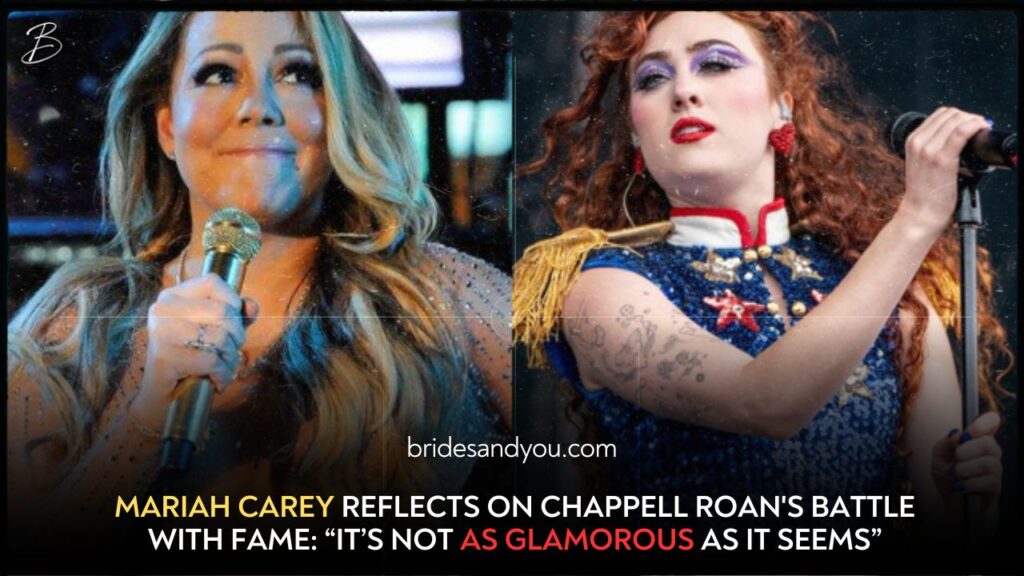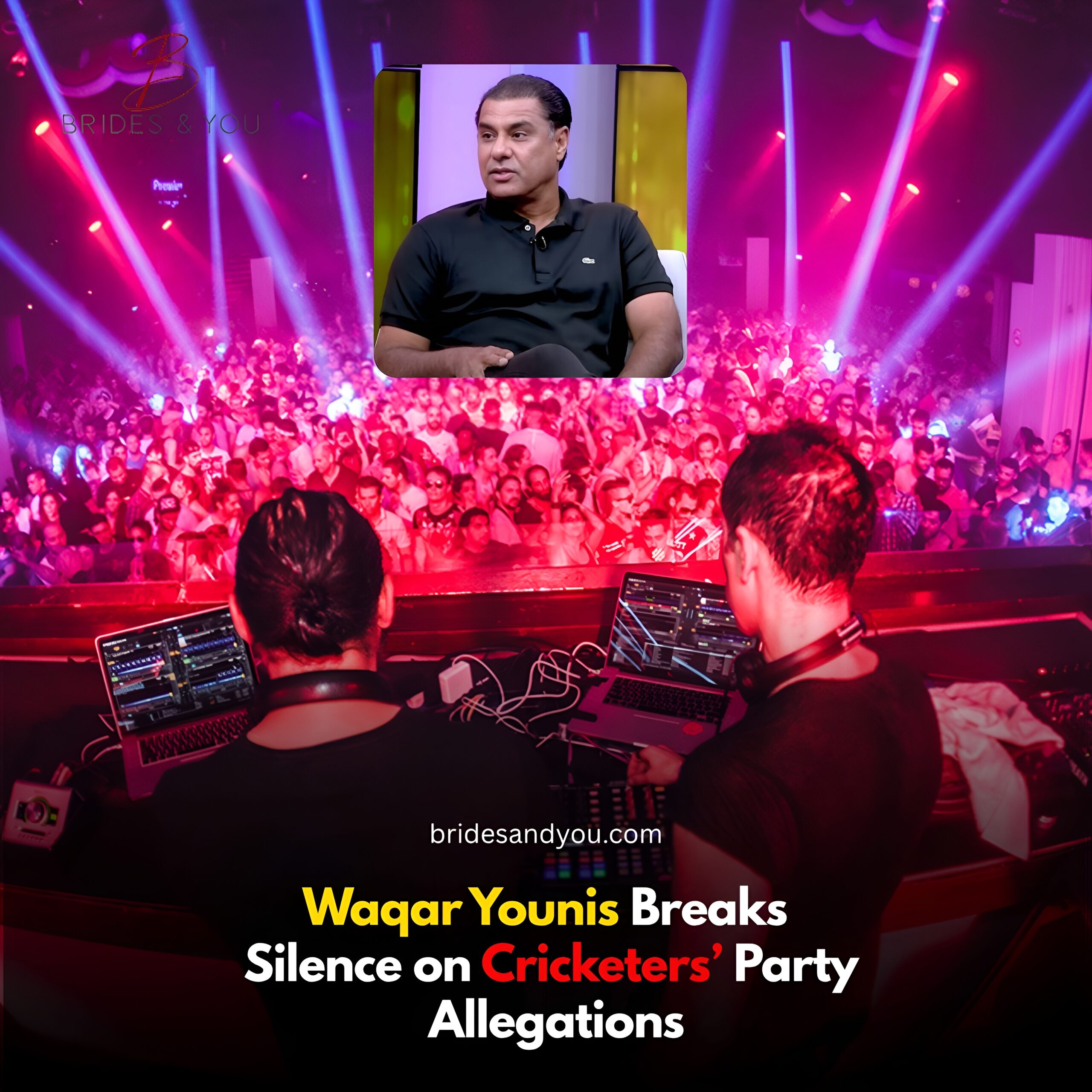Now Reading: Talha Anjum Responds to Allegations of Promoting Violence and Smoking
-
01
Talha Anjum Responds to Allegations of Promoting Violence and Smoking
Talha Anjum Responds to Allegations of Promoting Violence and Smoking

Talha Anjum, one half of the famous Pakistani rap duo Young Stunners, has finally opened up about the criticism surrounding his lyrics and public behavior. Known for his powerful verses and poetic storytelling, Talha Anjum has gained massive popularity across Pakistan and around the world. However, with fame comes controversy and recently, he found himself accused of promoting violence, smoking, and drug use through his music and public image.
In a candid interview with Indian rapper Raftaar, Talha addressed these allegations head-on, offering clarity about his art, mindset, and personal growth.
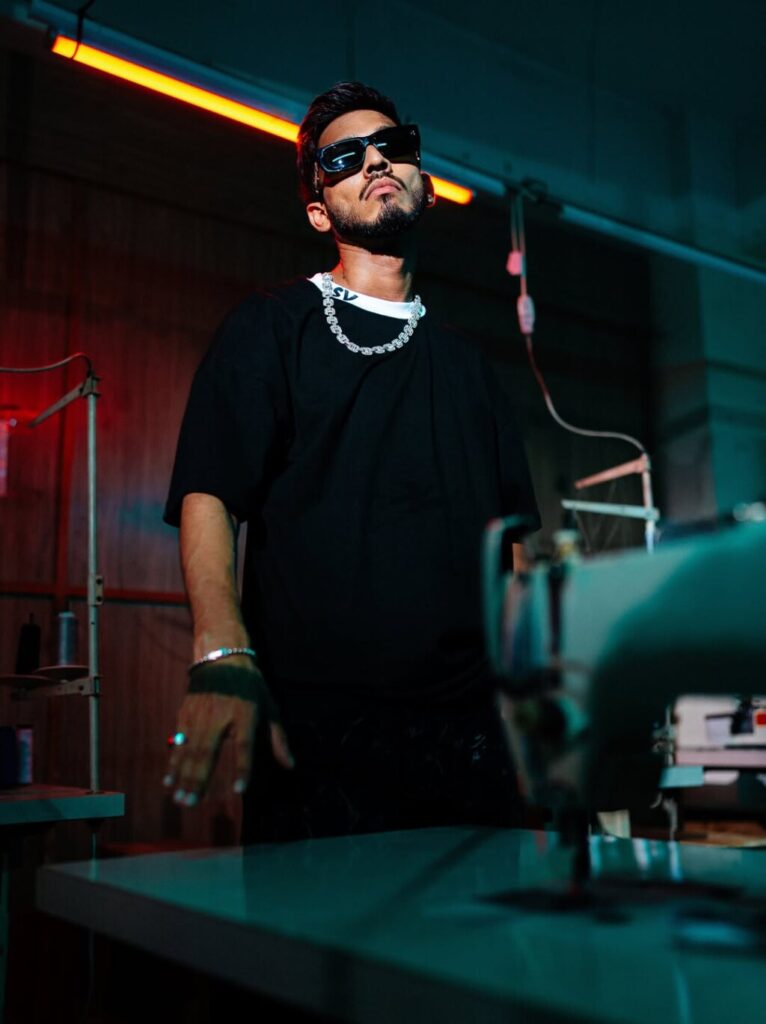
Who is Talha Anjum?
Before diving into the controversy, it’s important to understand who Talha Anjum is. Talha, alongside Talha Yunus, forms the powerhouse rap duo Young Stunners. Together, they revolutionized the Urdu rap scene in Pakistan with hit songs like “Laga Reh”, “Afsanay”, and “Phir Milenge”.
They began their journey over a decade ago, at a time when rap was not widely accepted in mainstream Pakistani music. Through perseverance and creativity, they gave a voice to a new generation that relates to their struggles, dreams, and emotions.
The Allegations Against Talha Anjum
Over the past few years, Talha Anjum has faced growing criticism from sections of the media and fans. He has been captured in viral videos arguing with crowds and using harsh language during live performances. Some of his lyrics also reference alcohol and street life topics that can be controversial in conservative societies like Pakistan.
Critics claimed that his songs and behavior could influence young fans to adopt negative habits such as smoking, drinking, or even aggression. The conversation around “responsibility of artists” became a hot topic, leading to intense debates on social media platforms.
Talha Anjum’s Interview with Raftaar
In his interview with Raftaar, Talha Anjum addressed these issues honestly and openly. When asked about the curse words, aggressive behavior, and use of alcohol-related verses in his songs, Talha didn’t shy away.
He explained, “I have never promoted violence. People often misunderstand the energy of rap. Sometimes it’s about emotions, not aggression.”
Talha also discussed how artists are often judged unfairly because of a few words or expressions in their art. He said, “Even the greatest poets like Mirza Ghalib used the word ‘alcohol’ in their poetry. But no one remembers Ghalib for promoting drinking they remember him for his depth and meaning.”
His point was clear: art should be understood beyond literal words. It’s about emotions, symbolism, and storytelling.
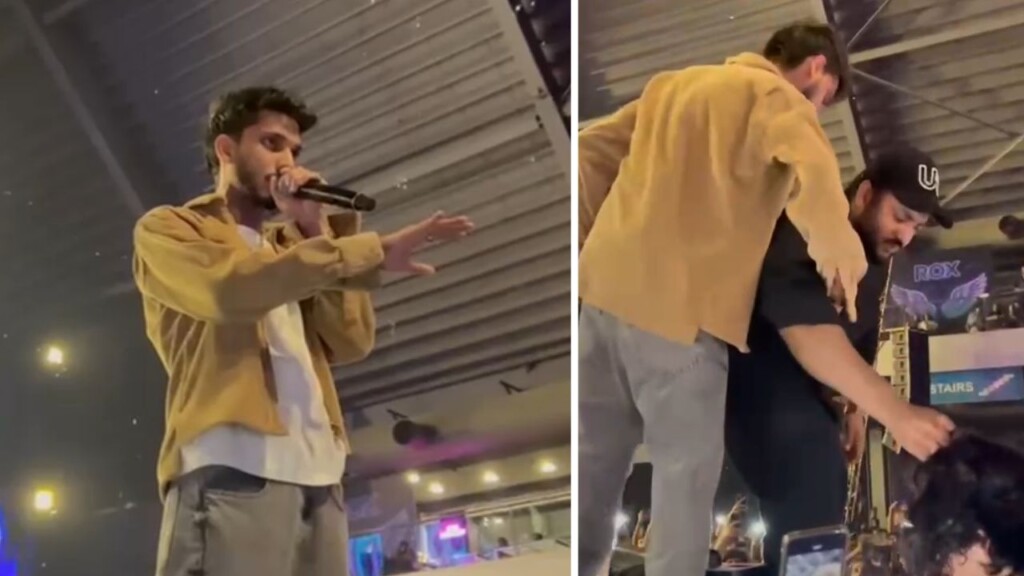
The Meaning Behind Talha Anjum’s Lyrics
Talha Anjum’s lyrics are known for their emotional depth and raw honesty. Many of his songs talk about heartbreak, struggles, loneliness, and finding purpose in chaos. For Talha, rap is not just music it’s therapy.
He has often said that his verses reflect his personal journey, from being an ordinary boy in Karachi to becoming one of the most celebrated artists in Pakistan. His lyrics like “Kyun Mein Chala” and “Gumaan” explore themes of self-doubt and resilience rather than violence or negativity.
It’s easy to take a few lines out of context and misunderstand them. But when seen as a whole, Talha’s discography focuses more on growth, pain, and introspection than on glamorizing harmful habits.
Art, Responsibility, and Misinterpretation
The debate around artistic responsibility is not new. Many global artists from rappers like Eminem and Tupac to poets like Ghalib have faced similar criticism. Art often mirrors reality, and reality is not always beautiful.
Talha Anjum’s situation highlights the gap between artistic expression and public perception. While he accepts that artists hold some responsibility towards their audience, he also believes that fans should try to understand the message behind the art, not just the surface-level words.
He explained, “People listen to the catchy part but forget the message. I have written many songs about social issues that’s what should be remembered.”
Young Stunners’ Impact on Pakistani Music
Despite controversies, there is no denying the influence of Young Stunners on Pakistani music. They brought Urdu rap to mainstream audiences and proved that local languages can dominate global streaming platforms.
Their collaborations with artists like Asim Azhar and Rafay Israr, and their performances at major events like Coke Studio, have made them household names.
Through their music, they’ve inspired a generation of young artists who now see rap as a valid form of art and self-expression.
Fans’ Reaction to Talha Anjum’s Statement
Following his interview with Raftaar, fans took to social media to support Talha Anjum. Many praised him for his maturity and clarity. They appreciated how he handled the criticism with grace and logic rather than defensiveness.
One fan wrote on X (formerly Twitter), “Talha spoke with so much sense. People just need to stop judging artists based on small clips.”
Another commented, “He is an artist, not a role model for perfection. His art speaks for those who can’t express themselves.”
The overall reaction was positive, showing that his fanbase still believes in his authenticity and vision.
The Broader Discussion: Can Music Influence Society?
This controversy also opens a broader discussion does music really influence social behavior? Research has shown that while music can shape emotions, it rarely dictates actions directly. Instead, it provides an outlet for emotions that people already feel.
Talha Anjum’s songs, much like those of other rappers, give voice to frustration, ambition, and dreams. They connect with listeners who relate to life’s challenges and use music as a form of healing.
Conclusion
Talha Anjum’s response to the allegations of promoting violence and smoking shows his maturity as an artist and a human being. He made it clear that his intention has never been to promote negativity but to express real emotions through art.
His words remind us that art is complex it can’t always be judged on the surface. As he continues to evolve, Talha Anjum remains a vital figure in Pakistani rap, shaping the future of the country’s music scene with honesty and creativity.

